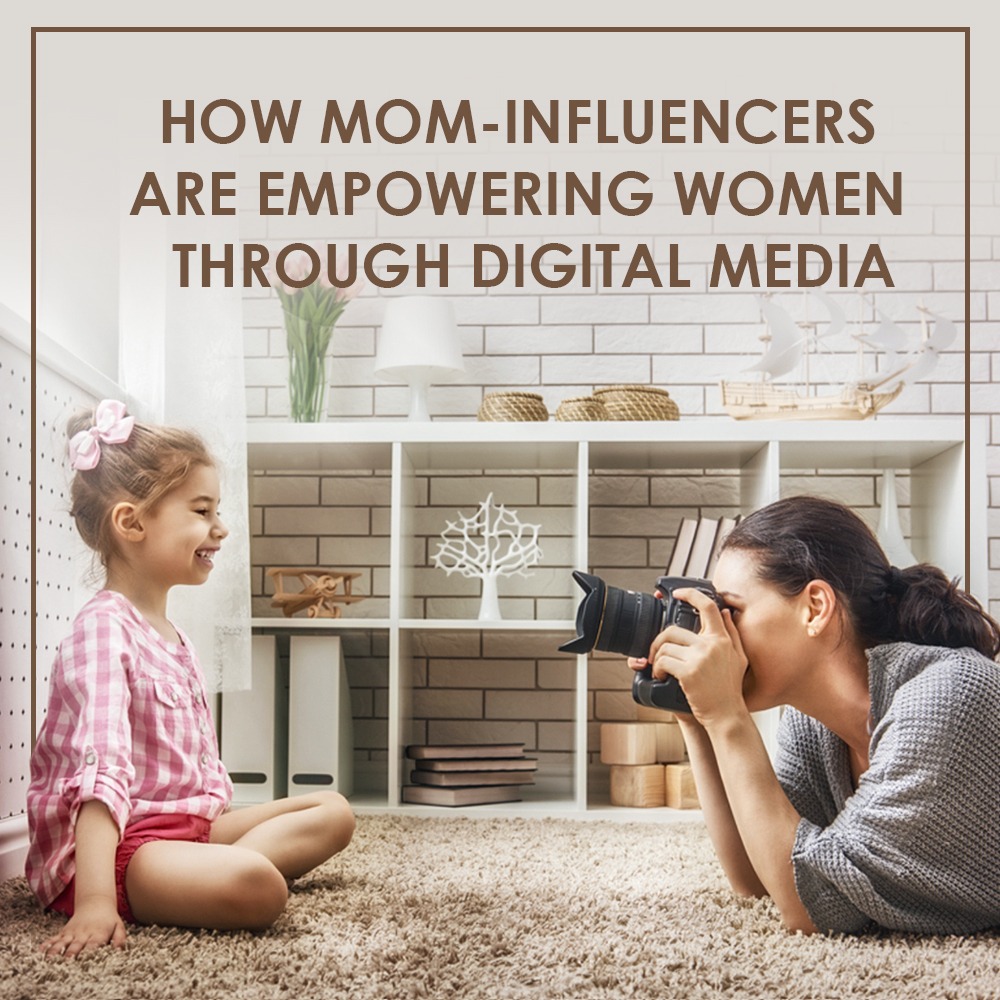Facing the death of a loved one is a dreaded milestone that nearly all of us will have to face in our lifetimes. It’s widely acknowledged that the closer the loss, the harder it feels. And the social provisions given to grieving people reflect just that, whether they’re allowances for time off work or school, or just the universal recognition that they need to be given appropriate space and support.
And while it’s commonly understood that people who lose family members need all of this, do we extend this understanding to people who have lost close friends? A study by the Australian National University (ANU) hints that it’s something we should think about, as the trauma caused by this type of loss tends to go on for much longer than previously thought. The study’s researchers warn that downplaying of the true extent of the grief the death of a close friend could bring could cause people to not get as much support as they need.
The study
Researchers analysed long-term data and indicators of health of over 26,500 Australians. The information was gathered from the Household, Income and Labour Dynamics in Australia Survey where it was found that 9,586 of the people studied experienced at least one death of a close friend.
According to Dr Wai-Man (Raymond) Liu, the study’s lead author, it was found that people grieving the deaths of close friends face significantly decreased physical and mental health, emotional stability and social life. Moreover, the grieving period for these deaths is thought to go on for four years – four times the 12 months indicated by previous studies.
Why does this matter?
As well as highlighting the depth of the grief that comes from these losses, the study’s findings also show how severe its consequences can be and how little attention is paid to it, according to Dr Liu. Because of this, he says that it’s time that medical professionals and policymakers revise their approach towards the issue and for adequate health and psychological services to be provided to help those struggling with it.
“The death of a friend is a form of disenfranchised grief – one not taken so seriously or afforded such significance”, says Dr Liu, “This is leaving people without the support and services they need during a very traumatic period of their lives.”
More on Family & Relationships






Leave A Comment
You must be logged in to post a comment.